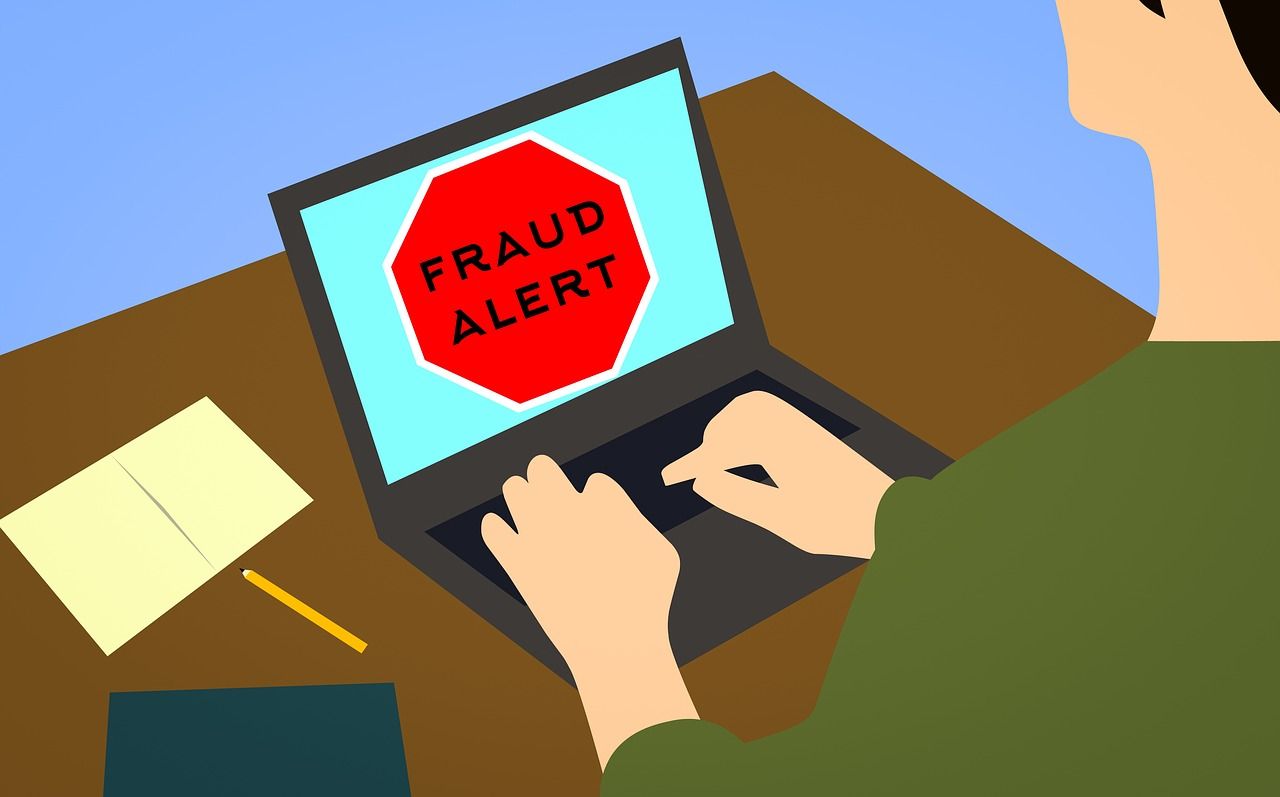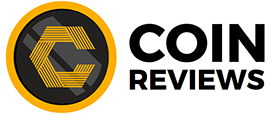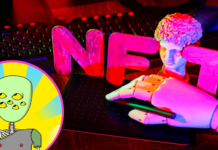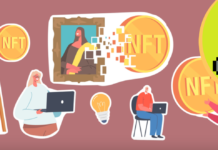
ICO investors beware: your research on any investment had better go a bit beyond a company’s whitepaper and website, because both of them might be fake!
That’s something many of us may have already suspected, but it has been confirmed in recent days as news reports in China highlighted the sale of blockchain whitepapers and full-service ICO content on Taobao, China’s largest C2C ecommerce marketplace.
Several vendors on the site offered ghostwritten ICO whitepapers of 8,000 to 10,000 words for less than $500. There were also additional services available, reportedly including everything from website construction to the falsification of non-Chinese team members, “Harvard and Yale” expert advisors, “Apple and Google” software engineers, and more. For a relatively low price, these services would essential construct an entire fake ICO identity for you, complete with English whitepaper and website and an impressive-looking (but entirely made-up) development and management team.
Taobao has reportedly blocked these listings since they began gaining attention, but that doesn’t mean that any of the thousands of people who already purchased them aren’t planning to put their content to use. And although these services are currently making headlines in China, they almost certainly exist elsewhere, too.
The cryptocurrency market is rife with frauds of all sorts, but this news is a good reminder that you shouldn’t take even the absolute basics like a whitepaper or a team list for granted until you’ve confirmed it with outside sources.
How to Spot a Fake ICO

Whitepaper: The best way to spot a fake whitepaper would be to get someone with technical knowledge to assess it: does the description of the technology make sense? Does it sound like it was written by someone who truly understands what they’re doing?
Even if you don’t have a technical background, you may be able to detect where terminology is being used wrong, or where phrasing seems vague. You can even copy-paste a few phrases and Google them to see if they’ve been lifted from another project’s whitepaper or promotional materials.
There may be other telltale signs, too. For example, if a company is ostensibly based in an English-speaking country or has English-speaking members on the team, but its whitepaper is riddled with grammatical and spelling errors, that’s a sign that it’s probably bogus.
Website: Look up the WHOIS information for the domain and check to see if the domain registrar and other contact information make sense. American blockchain project with a Chinese domain registrar and Chinese contact info? That’s a red flag.
You can also similarly scan the website like the whitepaper, looking for plagiarized content with Google and scanning for techno-babble. You might even consider assessing the site design and marketing materials. Is the site using generic images they probably found on Google, or does it have original images, and maybe even a short video or animation?
If the project has ponied up the cash for original design or original video, there’s certainly a better chance that it’s not just a quick cash grab (though it’s still no guarantee).
Team: The easiest way to double-check whether a team member is legit is simply to search for their names on LinkedIn and Google. Is this blockchain project listed on their LinkedIn? Is it mentioned on any social media accounts you find in search results? You should do the same for any advisors a project lists – it’s entirely possible they’re just pulling impressive-looking names of people they have no actual contact with.
If you still have doubts, you can even reach out to the team members or advisors in question. There’s no guarantee you’ll get a response, of course. But then, if you reach out to a bunch of team members and never hear anything back, that’s still useful information – now you know the team isn’t very responsive to potential customers/investors, which may inform your investment decision.
Whatever you do, be safe out there, and do your digging. Don’t take anything on a project’s website or in its whitepaper at face value until you’ve put at least an hour or two into Google to check up on their claims.



































